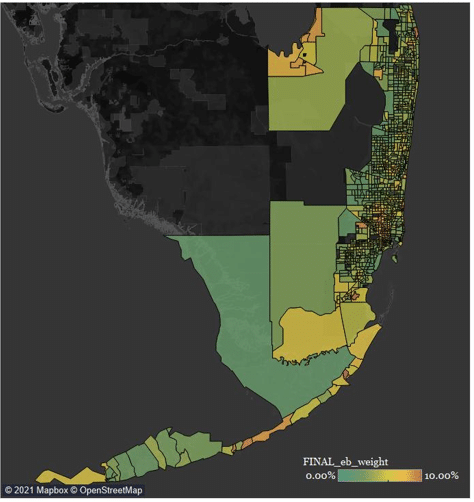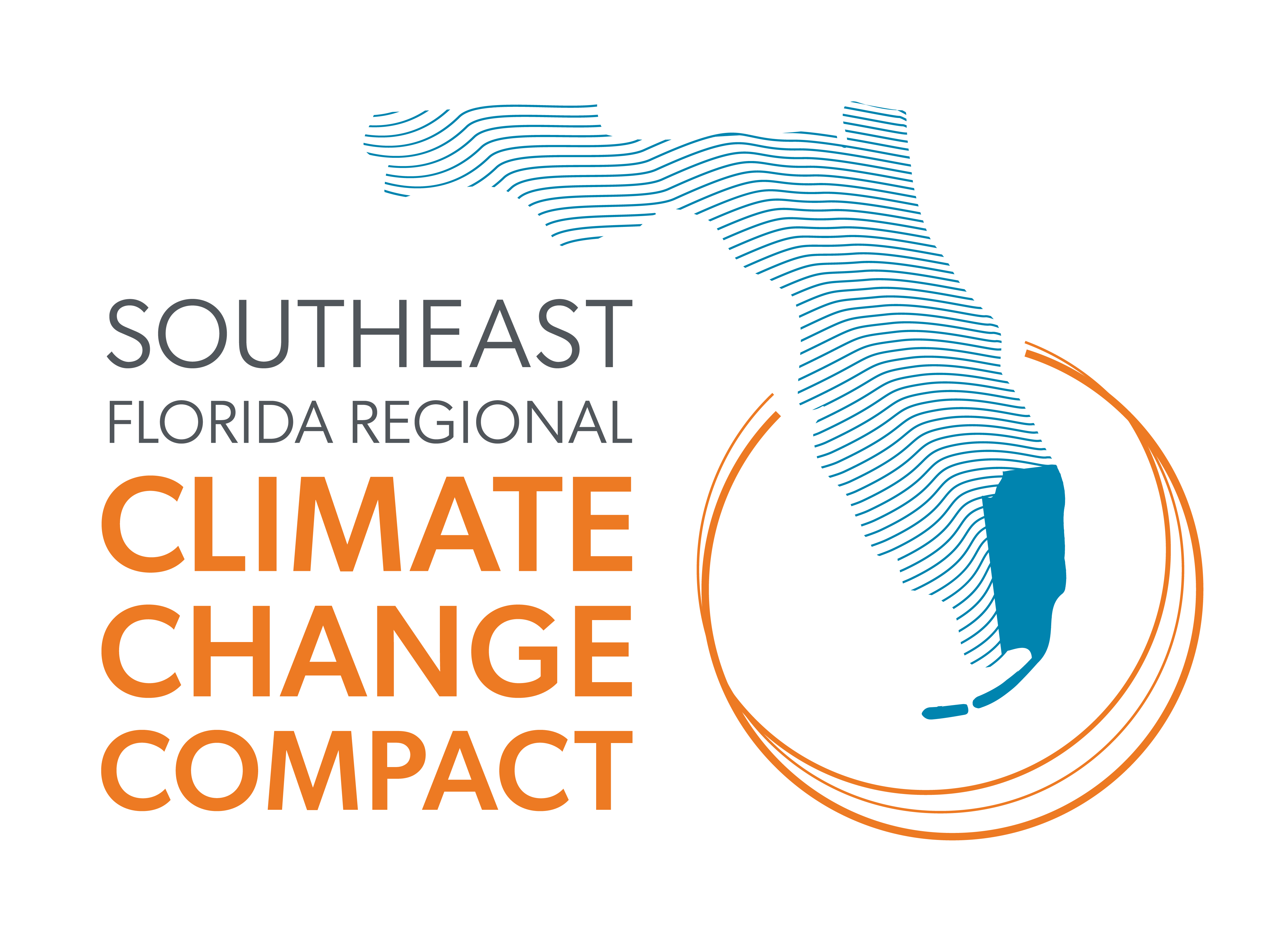
News
Regional Energy Efficiency Action Plan: Addressing Energy (In)equity in Southeast Florida
March 1, 2023

In October 2022, the Compact released a regional energy efficiency study funded by the Southeast Energy Efficiency Alliance, to improve understanding of the opportunities for wide-scale energy efficiency programs focused on those disproportionately impacted by energy burden and energy costs. In the Southeast Florida region, nearly a quarter of households are highly or severely energy burdened, defined as 6 to 10% of gross monthly income spent on energy bills, while severely burdened households spend greater than 10% of their gross income. The Institute for Sustainable Communities (ISC), along with consulting firms Energy Futures Group and Common Spark, conducted the study, providing actionable recommendations for the Compact, counties and local governments to simultaneously advance low-to-moderate income (LMI) household energy efficiency and emission reduction goals.
To better understand the barriers and challenges for LMI households, the team used a double-pronged approach incorporating both quantitative data as well as qualitative community stakeholder input through county convenings and individual community stakeholder conversations. Fifteen community-based organizations, administrators for various programs such as the Low Income Home Energy Assistance Program (LIHEAP) and city staff were interviewed as part of the data-collection process to provide a view of the challenges faced by households, ground-truthed by lived experiences.
A set of actionable recommendations and strategies were categorized by near-term and long-term opportunities. Interviews revealed that lack of access to information regarding existing programs is a core barrier to reducing energy burden and energy costs in Southeast Florida. As a result, increasing access to information and existing programs through the creation of a community resource center for the region is highlighted in the report as a near-term strategy. Such a resource center could maintain a catalog of available energy efficiency, energy bill assistance and home preservation programs across the region, including information about eligibility, services provided and application requirements and processes, and could support streamlining application processes across multiple benefit programs.
Additionally, the report recommends the development of local incentives, financing, or loan programs that provide no-cost to low-cost energy efficiency technologies or building retrofits to LMI households. Program offerings would include LED light bulbs, smart thermostats for households with central air and highly efficient ENERGY STAR® certified room air conditioner turn-in/upgrade program for renters and others relying on window units based on data that suggest air conditioning is the largest single consumer of household electricity in the Southeast. Longer-term opportunities focus on advocacy for state and federal policies that support the well-being of communities by making safe, affordable energy a reality for all households, such as advocating for and improving the effectiveness of the Florida Energy Efficiency and Conservation Act (FEECA).
Over the next year, the Compact is exploring opportunities related to federal funding and incentives targeted at communities and households that could further support and align with the recommendations highlighted in the study.
To read more about the report, click here.
